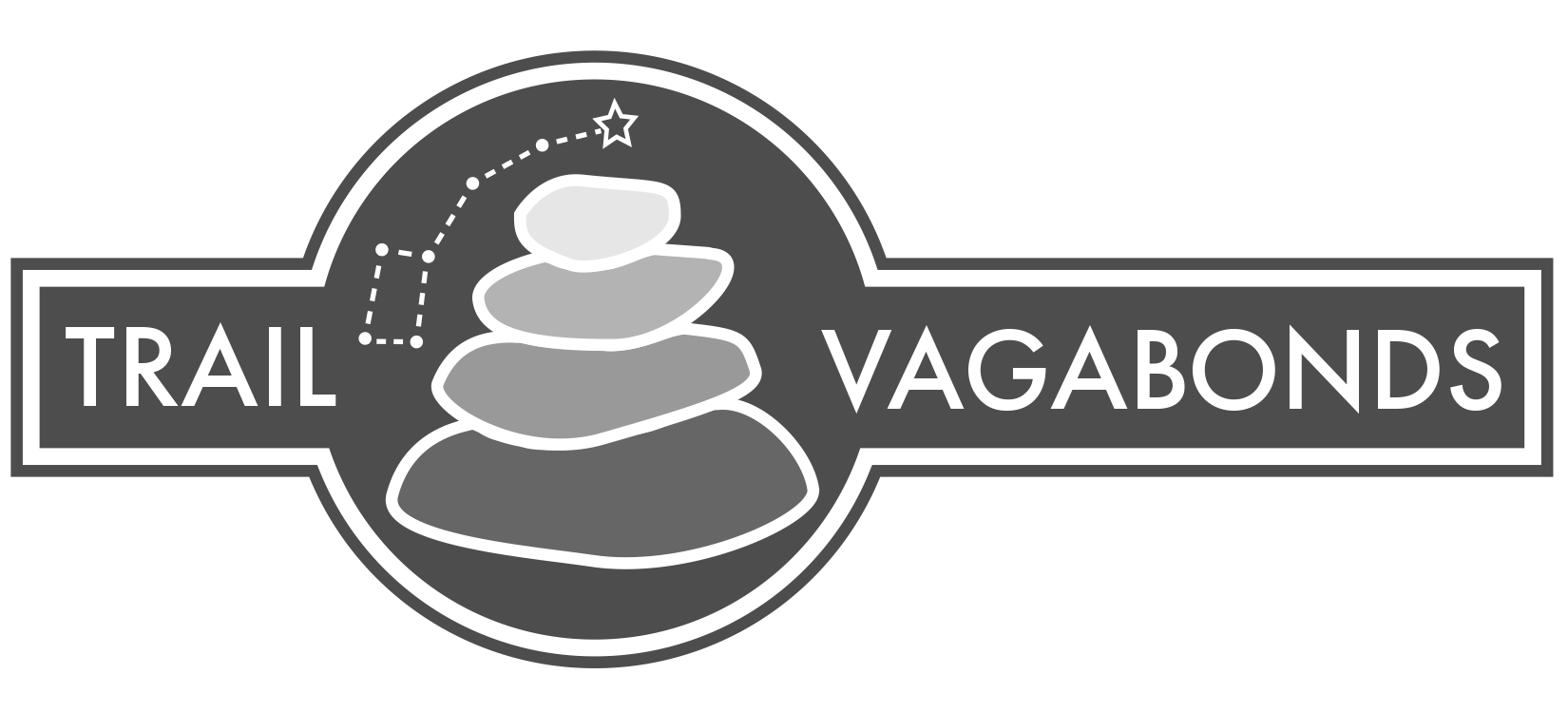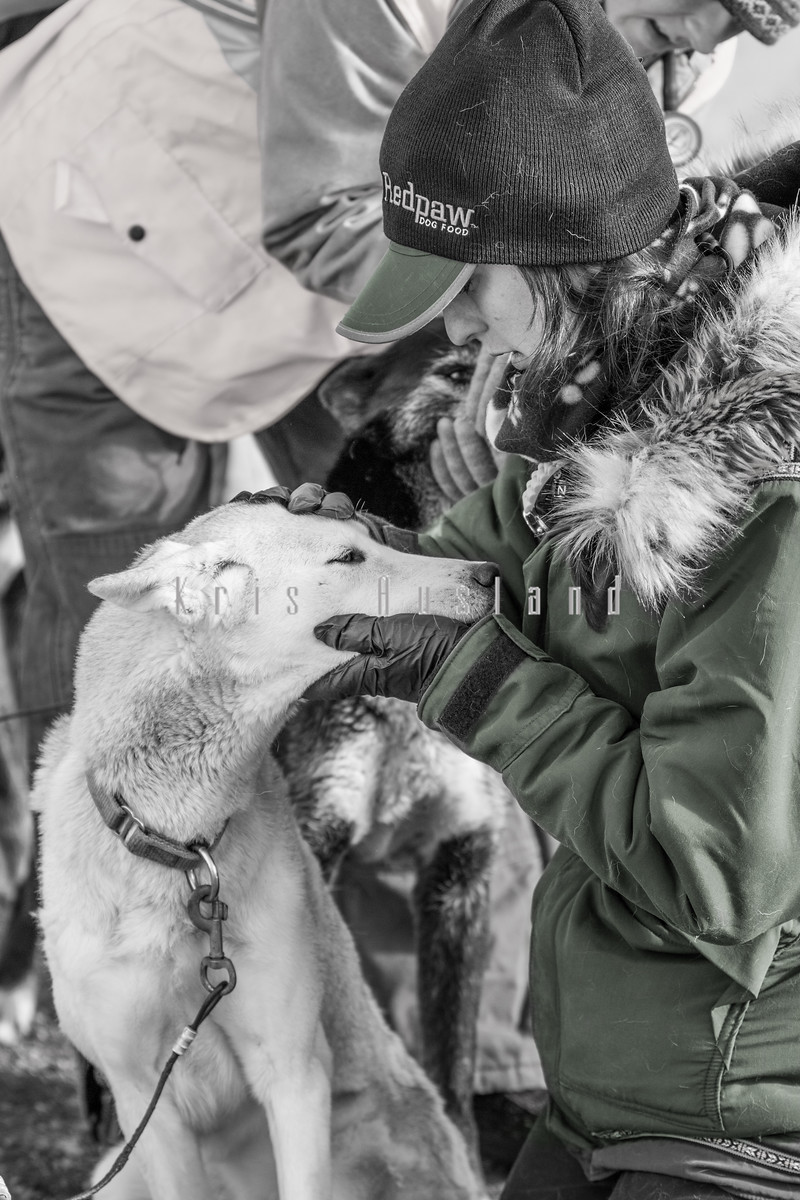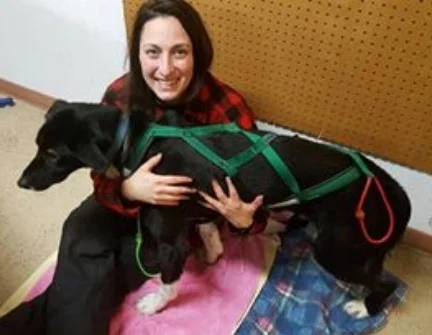Emergency In the Backcountry.
Do you know how you would react in an an Emergency in the backcountry? I HOPE this is not something you know first hand or have been tested with. For those of us that haven’t [yet], it’s not something that many of us like to consider. After all it means contemplating scenarios in which you or those you love are hurt or scared. Sometimes it means considering a scenario where you yourself are hurt, or scared and in the worst scenarios, maybe even alone. While it may be an uncomfortable topic to consider, NOW is the time - when you are happy, healthy and safe- to educate yourself.
Matt and I were ecstatic to participate in a Wilderness First Aid (WFA) Course this past weekend with SOLO (Stonehearth Open Learning Opportunities) at Nantahala Outdoor Center. Partly because we looked forward to a weekend away together. Away from the dogs and the hustle and bustle. Some time together in the mountains. But largely we were excited to learn a new set of applicable and relevant skills. Women Who Hike requires all of their ambassadors to acquire a wilderness first aid certification in order to keep our members safe on the trail. There is a wide range of Wilderness Medicine Certifications offered by SOLO ranging from the most basic (WFA) to more advanced courses such as a Wilderness EMT certification. In addition to SOLO there are a few other groups offering Wilderness Medicine Trainings including NOLS and AWLS. All of these programs follow guidelines laid out by the Wilderness Medical Society (WMS) - of which you can become a member! Their mission is to “Advance healthcare, research, and education related to wilderness medicine.” Nantahala Outdoor Center, where our instruction took place, is located in the Great Smoky Mountains, just outside of Bryson City, NC. [Ancestral home to the Tsalaguwetiyi (Cherokee, East) and Tsoyaha (Yuchi)] And as a bonus, the Appalachian Trail also goes right through the campus! It truly is a great place to act as a hub for Wilderness Medicine.
Many of the areas that we, as adventurers, like to recreate are remote. This factor alone is what differentiates Wilderness or “Backcountry” first aid from “Frontcountry” first aid. Wilderness First Aid is defined as a scenario requiring aid that occurs at least 1 hour away from definitive care, such as a hospital. What this means is that definitive care is inherently delayed. There are no ambulances in the backcountry. Extractions can take days. What you can do for your patient/friend/loved one in those hours, or even days, before they reach definitive care can mean the difference between life and death. And thus, Wilderness Medicine has its own, unique set of rules.
As many of you know I am an emergency veterinarian and sled dog veterinarian so it may not be a surprise to you that the inner geek in me LOVES this sort of medicine. It is right in my wheelhouse. It combines what I love about my job - the unexpected, a wide breadth of knowledge and skills, problem solving - and adds the unique twist of the human condition. It is completely foreign to me to deal with humans. A patient that can TALK to you - what a luxury!
Photo by Kris Ausland
The weekend was a mixture of didactic learning and role-playing scenarios. Our instructor was engaging and funny and very very knowledgeable. Trust me when I say, that having a great instructor can make all the difference in effective information absorption. Hands down, the scenarios were invaluable to the experience and this course provided many opportunities to practice scenarios, both as the patient and the individual providing first aid. The information is only helpful to you if you can utilize it; reach back into the deep crevices of your brain and bring the information forward to apply it. Practice makes perfect is a cliche saying for a reason. The best thing you can do, for you and your potential patient, is practice running through the thought process, steps and considerations in a scenario where the stakes are very very low. Repetition allows for muscle memory. In a real emergency situation, where adrenalin is muddying your thoughts and causing your heart to beat out of your chest, this muscle memory will allow you to be effective and thorough in your care.
Matt and I finished the weekend feeling re-energized and, at least for me, inspired. I have definite ambitions to pursue, at the very least, a Wilderness First Responder certification. While the protocols are different between WFA and veterinary medicine, the basic principles are the same regarding wound care, fracture stabilization, patient stabilization, etc. I think that the knowledge I have already obtained through four years of veterinary school is both applicable and relevant to the WFR certification and it feels VERY necessary for me to utilize my knowledge in this way.
In preparing for adventure and time in our wild spaces, safety is critical. It is becoming ever apparent that more and more people are seeking remote and wild spaces - this in and of itself is wonderful! But with this increase there have also been an increase in individuals needing rescue in the backcountry. Many of these rescues could be avoided with proper preparedness and knowledge. Education is key. There are a vast number of topics ranging from gear considerations, to basics of camping, to orienteering, to leave no trace principles, to avalanche safety (among so many more!) that all have a purpose in keeping us safe in the outdoors. The topic of physical safety is one that dominates many women centered outdoor spaces - “How do you protect yourself from [insert real or perceived danger]?” is one of the most common questions asked. While prevention is critical, how you, we, I react in a medical emergency can literally mean the difference between life and death. And in my opinion, these are skills everyone who spends time in the outdoors should have, practice, and know as well as they know the back of their hand, as well as they know LNT principles, as well as they know what sleeping bag or hiking boots they’ll use. I can’t believe it’s taken me this long to acquire the certification myself! Do you have a time when these skills were or would have been helpful? I’d love to hear about your experiences and opinions! Leave a comment below or on Instagram!
Click Here if you are interested in signing up for a course with SOLO at Nantahala Outdoor Center to see their course options and schedules.










![Heart Shaped [fake] bruise <3](https://images.squarespace-cdn.com/content/v1/59ce715fd2b857a5447d5349/1544115176748-HPWAUKBU14GAUQ6QQHH3/Photo+Dec+01%2C+5+57+44+PM.jpg)









